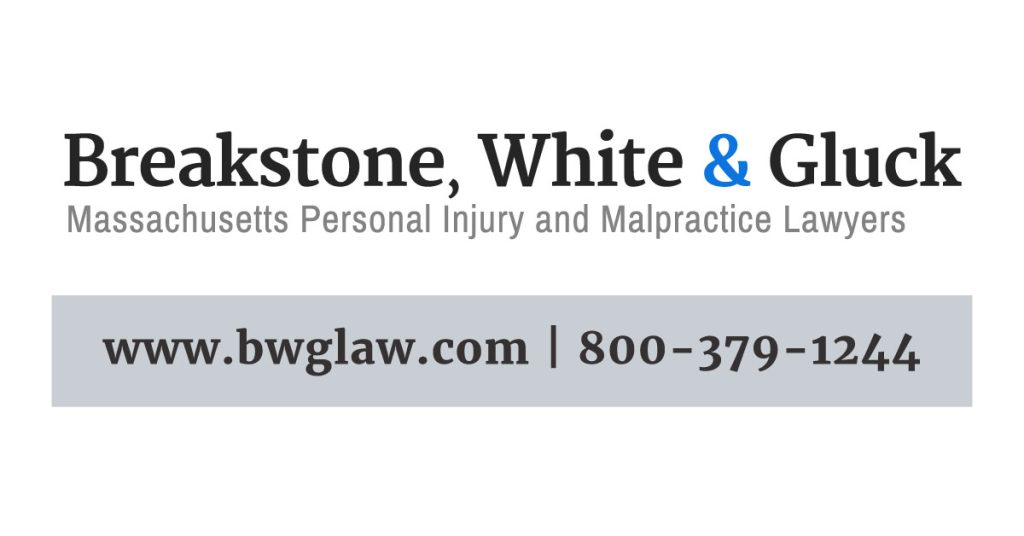Posts Tagged ‘hand sanitizer warning’
FDA Warns Public About Dangerous Hand Sanitizers
In Massachusetts, we are washing our hands and using hand sanitizers as much as we can. We all want to do our part to prevent the spread of COVID-19. But now, it’s time to check your supply of sanitizer. The Food and Drug Administration (FDA) is urging the public to steer clear of nine brands because they contain methanol, a toxic substance.
Methanol is often used in industrial settings, where high concentrations of methanol vapor can lead to poisoning, according to the Centers for Disease Control and Prevention (CDC). It is also called wood alcohol and is highly flammable.
Methanol can also be harmful when you handle it or absorb it through your skin, according to the FDA. The greater risk, though, is children or adolescents who may drink or ingest hand sanitizer. Certain adults may also be at risk or may have consumed the clear liquid accidentally. Parents and caregivers should respond immediately if they suspect a methanol hand sanitizer poisoning.
The hand sanitizers identified by the FDA show particularly high levels of methanol. Testing found one product contacted 81 percent methanol and no ethanol.
The FDA had asked Eskbiochem SA de CV of Mexico to remove the hand sanitizers from the market last week. When there was no response, the FDA issued its public warning on Friday (June 19, 2020).
The FDA advises consumers to avoid these hand sanitizers:
- All-Clean Hand Sanitizer (NDC: 74589-002-01)
- Esk Biochem Hand Sanitizer (NDC: 74589-007-01)
- CleanCare NoGerm Advanced Hand Sanitizer 75% Alcohol (NDC: 74589-008-04)
- Lavar 70 Gel Hand Sanitizer (NDC: 74589-006-01)
- The Good Gel Antibacterial Gel Hand Sanitizer (NDC: 74589-010-10)
- CleanCare NoGerm Advanced Hand Sanitizer 80% Alcohol (NDC: 74589-005-03)
- CleanCare NoGerm Advanced Hand Sanitizer 75% Alcohol (NDC: 74589-009-01)
- CleanCare NoGerm Advanced Hand Sanitizer 80% Alcohol (NDC: 74589-003-01)
- Saniderm Advanced Hand Sanitizer (NDC: 74589-001-01)
The agency advised consumers to carefully inspect sanitizers in their home before use and immediately dispose of these in appropriate hazardous waste containers. Consumers should not flush sanitizer or pour it down the drain. Read the FDA notice.
Symptoms of Methanol Poisoning
Methanol exposure can lead to methanol poisoning and severe symptoms, starting with nausea, vomiting, headache and blurred vision. In the worst cases, those exposed can suffer permanent blindness, seizures, comas or permanent damage to the nervous system. Methanol poisoning can also result in death.
How Safe is Your Hand Sanitizer?
Hand sanitizer was in short supply for months. But you can now probably find your own bottle. If you use hand sanitizer, make a point to carry your own. Carefully read the label and regularly check the FDA website for recalls.
Hand sanitizer is a clear gel. It all looks the same, but each brand has a different alcohol content. For instance, your small pocket sanitizer probably has less alcohol than a nursing home or hospital, which has to meet greater fire safety regulations.
Our point is it would be hard to tell if you were being offered sanitizer with a high level of methanol or any dangerous substance. It’s better to control your own supply. Read about the FDA’s work to ensure the safety of hand sanitizers.
Wash Your Hands Safely
The FDA reminds consumers to regularly wash their hands often with soap and water for at least 20 seconds. When soap and water are unavailable, the CDC recommends an alcohol-based hand sanitizer which contains at least 60 percent ethanol. Visit the FDA’s website to learn more about hand sanitizer safety.
Free Legal Consultation – Boston Personal Injury Lawyers
Breakstone, White & Gluck has extensive experience representing those injured by defective products, including those which contain toxic chemical substances.
Manufacturers of cleaning supplies, hand sanitizers and detergents have a responsibility to produce safe products and conduct thorough testing before distribution. End users, including restaurants, industrial workplaces and labs, also have a responsibility to follow safety guidelines when using chemical products. Mishandling chemicals can lead to chemical exposure, fires or serving clients unsafe food and beverages.
If you have been injured by a chemical exposure or explosion, learn your legal rights. For a free legal consultation, contact Breakstone, White & Gluck at 800-379-1244 or 617-723-7676. You can also use our contact form.


